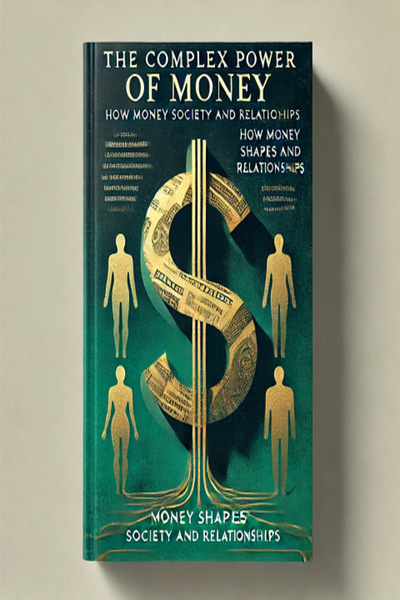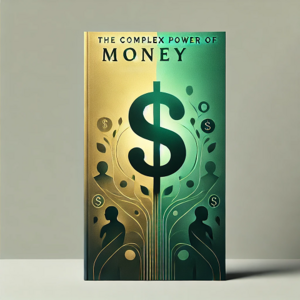Our lives are greatly influenced by money. Ever ponder why it's not enough to just print more money to satisfy everyone? What would happen if every person could just print money at home? Which government is responsible for printing money, and how is it even produced? These are questions that seem simple but reflect the complexity of our economic systems.
One of the most troubling aspects of money is how it defines people’s quality of life. Many individuals are treated poorly simply because they have little or no money, while wealth often determines how others perceive and value them. The harsh reality is that without money, survival becomes a struggle, and people’s attitudes toward you can shift dramatically depending on your financial situation. When you are able to give money freely, people are eager to be near you, showering you with praise and attention. But the moment you stop, those same people may disappear, revealing their superficial, self-serving nature. This experience underscores how money often dictates social interactions and relationships, exposing the ugly side of human behavior.
Despite the frustrations, money also fascinates me because it’s something that everyone must work for. It doesn’t magically appear—unless, of course, you’ve built a successful business that runs itself, but even that takes effort and planning.Most people find that making money takes effort and commitment. Regardless of your profession—software engineering, statistical analysis, or live chat support—you've probably occasionally wondered where your salary actually comes from. In some cases, like owning a salon, it’s easy to see—customers pay directly for services or products. But for many professionals working in larger companies, the connection between their labor and the source of money can feel more abstract. The money comes from the services or products that the company provides to its clients, but it can still be a complex, fascinating system.
Then, of course, there are those who choose to take shortcuts, driven by their disdain for being broke. Instead of following the traditional path of hard work and dedication, some resort to illegal means—whether it's through drugs, scams, or other harmful activities. For these individuals, wealth becomes their ultimate goal, regardless of the consequences. While I dislike admitting it, many people take these routes to live a comfortable life, even if it comes at the cost of harming others.
In the end, money remains a powerful force. It dictates how we live, how others treat us, and how society functions. However, its impact on our relationships, values, and life decisions extends far beyond monetary prosperity. It intrigues me, but it also poses difficult societal and ethical issues for which there are no simple solutions.











Comments (0)
See all